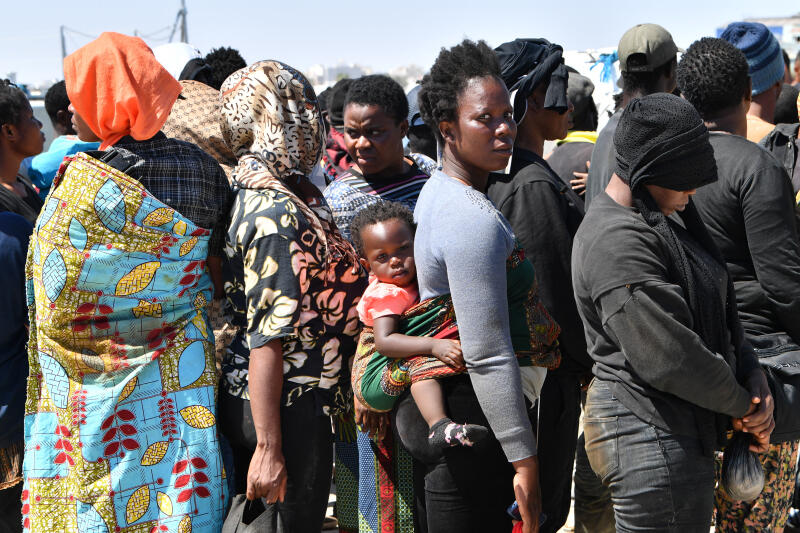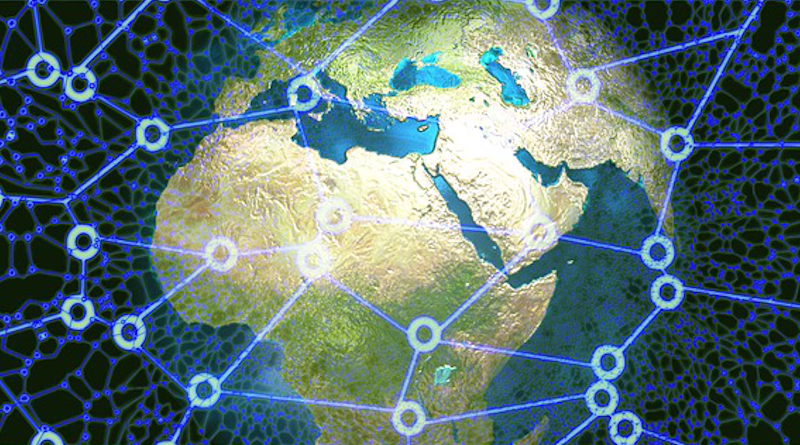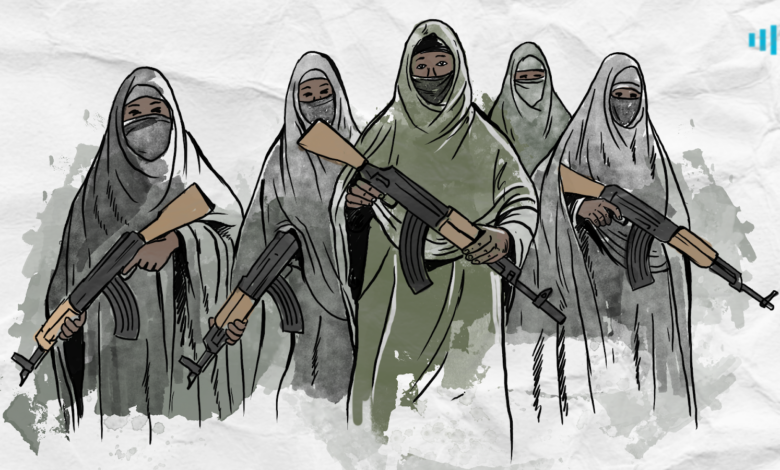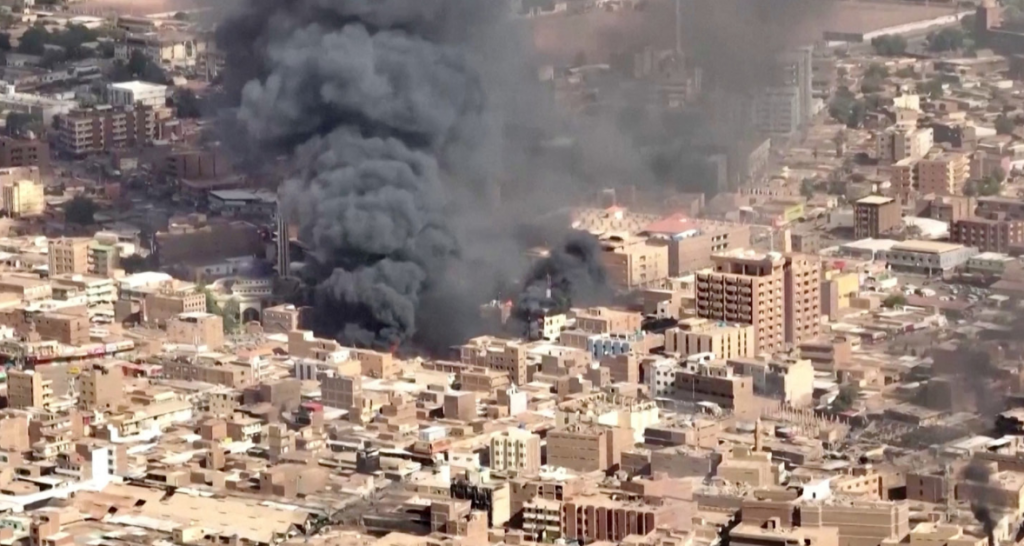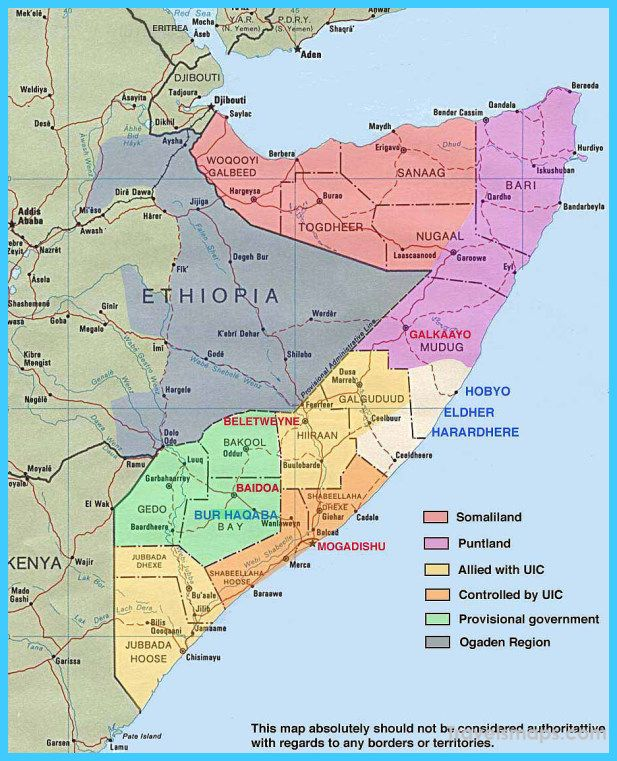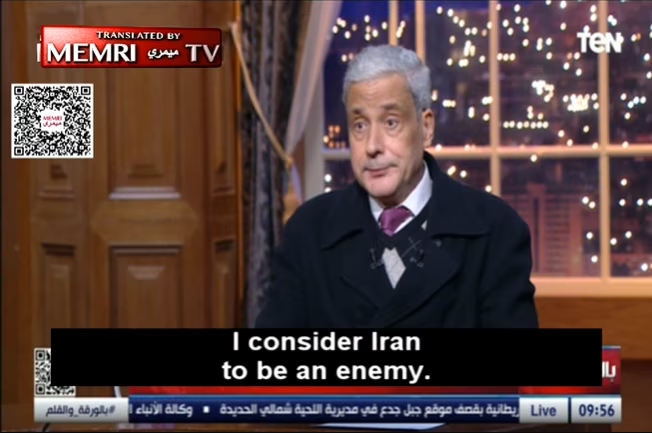Said-al-Jamal
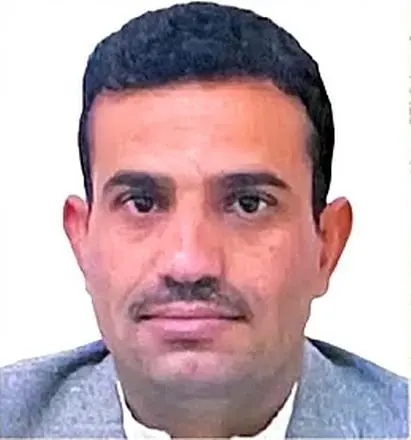
Terror organization: Houthis
Status: Financier
Role: He is running a network (companies in the Middle East, Asia and Africa) generates tens of millions of dollars in revenue from the sale of Iranian commodities, Iranian petroleum, a significant portion of which is then directed through a complex network of intermediaries and exchange houses in multiple countries to the Houthis in Yemen.

